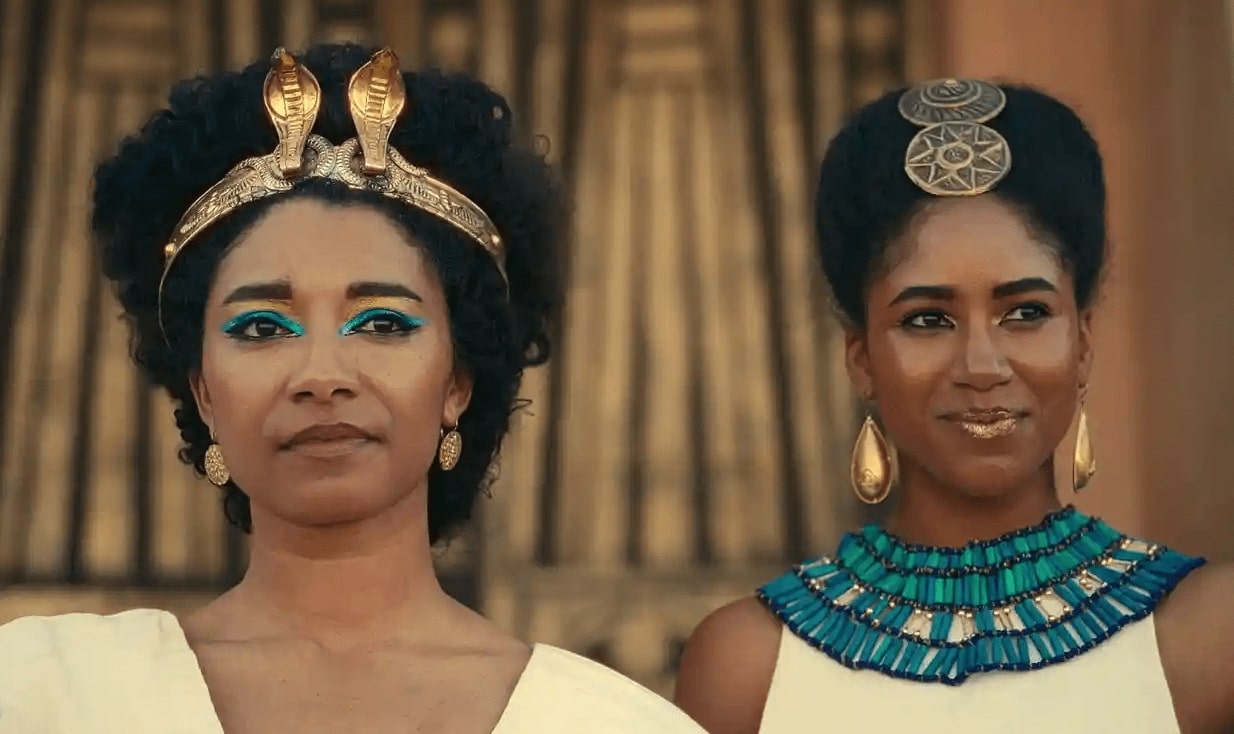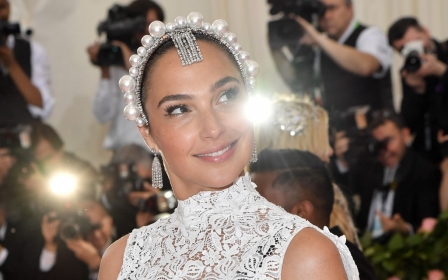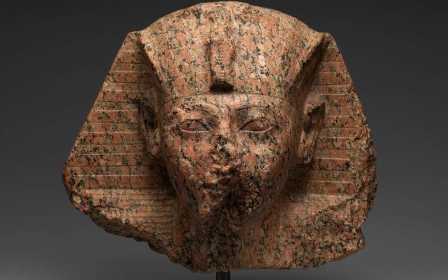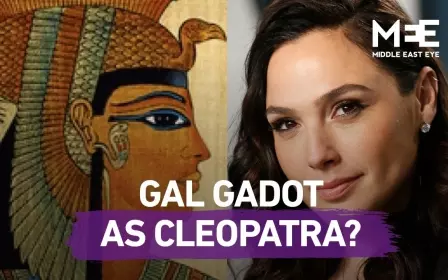Cleopatra was light-skinned, says Egypt in Netflix documentary row

Egypt's antiquities ministry reiterated on Thursday that Cleopatra had "white skin and Hellenistic features", amid a continuing dispute over a Netflix drama-documentary that portrays the female pharaoh as black.
The film, Queen Cleopatra, is scheduled to be released on the streaming platform on 10 May. The famous Egyptian ruler is played by actress Adele James.
Mostafa Waziri, the secretary general of the Supreme Council of Archaeology, said that the depiction of Cleopatra as black is a “falsification of Egyptian history and a blatant historical misconception”, especially as the film is classified as a documentary.
The official’s comments are reinforced by an online petition signed by 40,000 people, which accused the production of distorting history.
An Egyptian MP has called on parliament to ban the streaming platform altogether, due to what it called repeated offensive behaviour and an attack on “family values”.
New MEE newsletter: Jerusalem Dispatch
Sign up to get the latest insights and analysis on Israel-Palestine, alongside Turkey Unpacked and other MEE newsletters
In its statement, the antiquities ministry quoted experts and historians who all agreed that Cleopatra had "white skin and Hellenistic characteristics".
"Bas reliefs and statues of Queen Cleopatra are the best proof," argued the authority in a post on social media which was accompanied by photos.
According to Waziri, the view that Cleopatra was not black is not driven by racism but rather by a desire to protect the historical record of the queen, who is a significant figure in ancient Egypt's history.
Cleopatra belonged to the Macedonian Lagides dynasty descended from Ptolemy, one of Alexander the Great's generals, who founded the Ptolemaic dynasty on the banks of the Nile.
Despite her fame and status, the interpretation of Cleopatra’s skin colour continues to be a source of debate.
'Afrocentrism'
Controversy around origin and skin colour in entertainment has previously emerged in Egypt. Kevin Hart's debut show was cancelled in February, following an outpouring of anger in the country over his alleged support for "Afrocentrism" and suggestions that ancient Egyptians were black.
The Afrocentrism movement advocates examining history through a lens that focuses on the role of Black Africans. Some followers say modern Egyptians have no claim to the country’s ancient history because they are the descendants of Arab invaders.
Hart’s critics accused him of distorting history and robbing Arabs of their claim to the country’s ancient past, saying he claimed that Black Africans were once the kings of Egypt. But the quote attributed to Hart has never been verified as true, and it remains unclear where or when he made the comments.
Many Egyptians also criticised Hart’s alleged financial backing of an Afrocentric animation series by the company Black Sands Entertainment, which some have accused of "Blackwashing" ancient Egyptian history.
Meanwhile, Egyptian stand-up comedian Bassem Youssef appeared on TalkTV’s Piers Morgan Uncensored on Monday to discuss the Netflix series, reiterating accusations against Hart and the Afrocentric movement of “cultural appropriation and falsification of history”.
Egypt was at various points in its history part of the Greek and Roman empires and was later ruled by the Islamic caliphates.
The country is an ethnically and religiously diverse nation of more than 100 million people. Egyptians even claim ancestry from Circassians and Turks going back to the Ottoman Empire. There are also Egyptians of Black Nubian descent.
Some schools of thought claim that Coptic Christians, who number between 10 and 15 percent of Egypt’s population, are the most direct descendants of ancient Egyptians.
Middle East Eye delivers independent and unrivalled coverage and analysis of the Middle East, North Africa and beyond. To learn more about republishing this content and the associated fees, please fill out this form. More about MEE can be found here.





